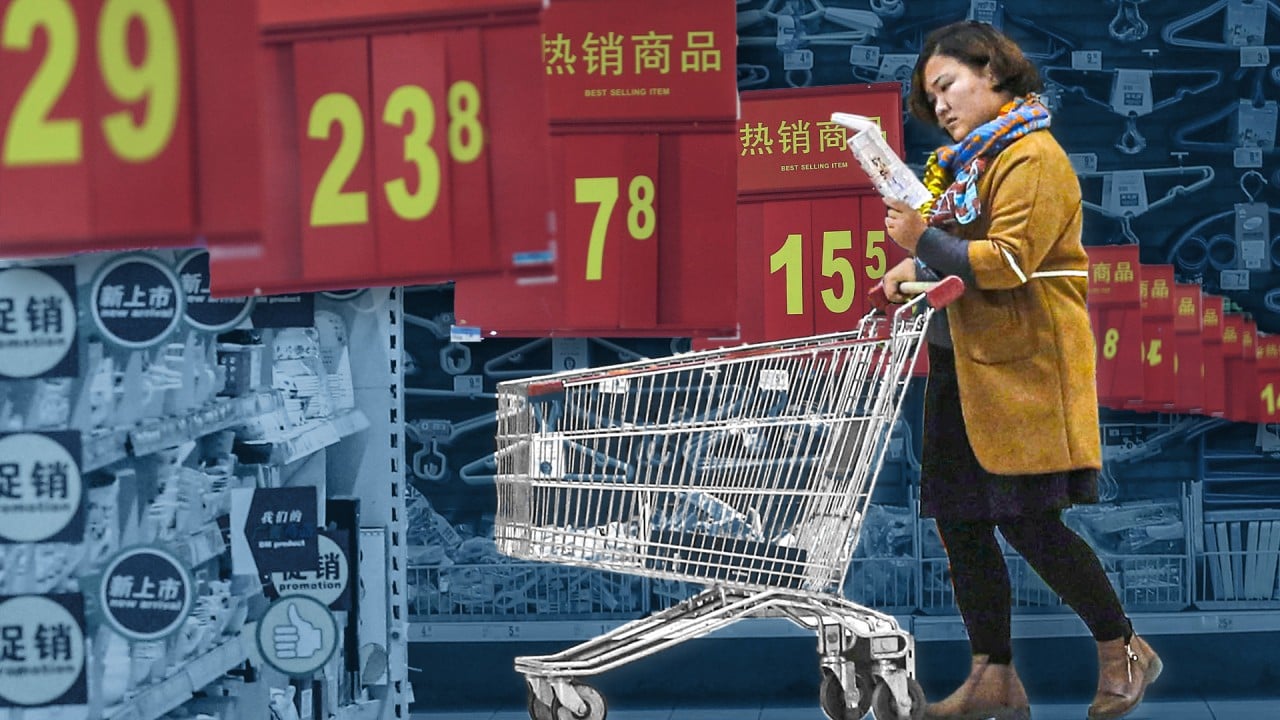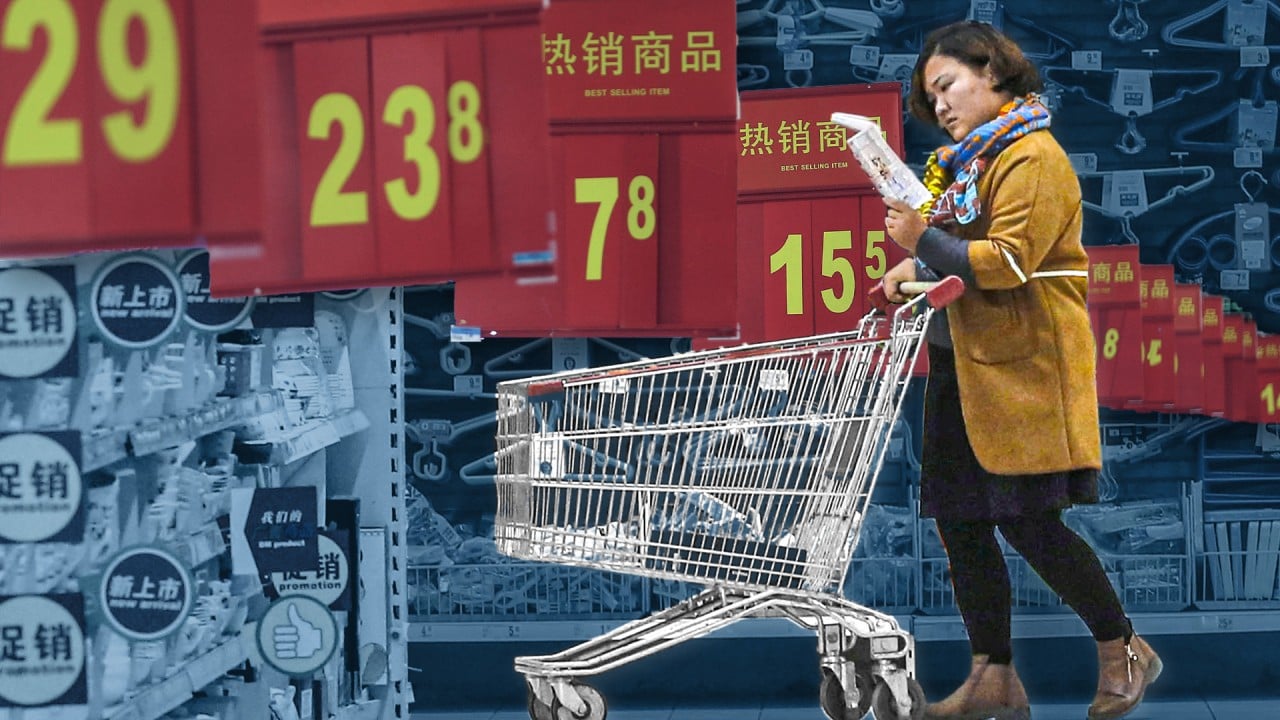China’s policymakers must assess and accommodate a dramatic shift in consumption patterns to effectively incentivise spending – a task that becomes more crucial as pressures to stimulate economic activity grow – a Beijing-based think tank has said.
“The government’s approaches to boost consumption have failed to accurately capture the shifts in consumer behaviour observed in certain sectors,” said public policy consultancy Anbound in a report published Sunday. Chinese consumers, the report said, are more inclined to make spending decisions based on factors like quality, self-development and pleasure as budgets become more “subdued”.
The comments came as China’s consumption continues to weaken despite a raft of policies designed to buoy spending. Consumers, haunted by cloudy economic prospects and reduced incomes, have grown increasingly cautious about parting with their hard-earned money.
In July, retail sales grew by 2.7 per cent year-on-year, while consumption related to sports and entertainment increased by 10.7 per cent, according to the National Bureau of Statistics – a tendency mirrored across the first seven months of the year.
The Anbound report pointed out that measures to promote consumption continued to focus on the supply side, primarily targeting “collective consumption” – goods and services directly provided by the state or otherwise dependent on regulatory intervention – including real estate, automobiles and service industries aided by subsidy.
“From China’s current mainstream macroeconomic perspective, the logic of consumption still starts from the supply side,” Anbound said. “Within this policy framework there are many tools available, such as industrial funds and subsidies.”
However, these time-tested methods have not taken revolutionary shifts in the consumer sector into account, Anbound said, relying instead on existing modalities that might not address “more complex underlying issues” or reflect current trends.
“Once the macroeconomy recognises mass consumption and regards it as an important strategic path for economic development,” the report authors said, “it must inevitably confront these underlying issues and the systemic problems they create, which would be undoubtedly challenging.”
Anbound said in the present environment Chinese consumers are gravitating towards higher quality products to satisfy their needs, while investments in premium shopping have outpaced those in traditional consumer sectors as well as high-end luxury markets.
Young consumers were also found to be more willing to pay for emotional satisfaction, splurging on experiences like concerts and shows they believe will make them happier.
While the economic downturn has impacted most industries, the think tank added, sectors that cater to the developmental needs of individuals and families – such as sports and study tours marketed to young students – have stayed resilient.
The educational tourism market grew nearly 62 per cent in 2023 to 146.9 billion yuan, with market value expected to reach 242.2 billion yuan by 2026, according to iiMedia Research, an industry research firm.
Earlier this month the State Council – China’s cabinet – released a 20-point directive vowing to increase support for a wide range of services, which taken as a whole have outpaced goods in growth.
China has also allocated around 300 billion yuan (US$42 billion) in “ultra-long-term” special government bonds to support upgrades to industrial equipment and a consumer goods trade-in programme analysts have argued will play a crucial role in stabilising China’s economy over the second half of the year.



